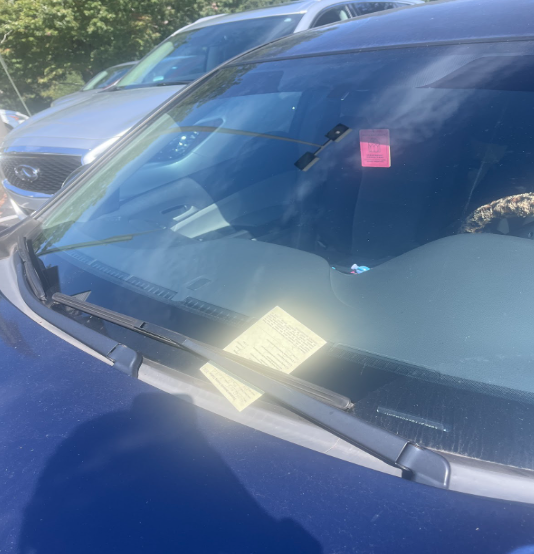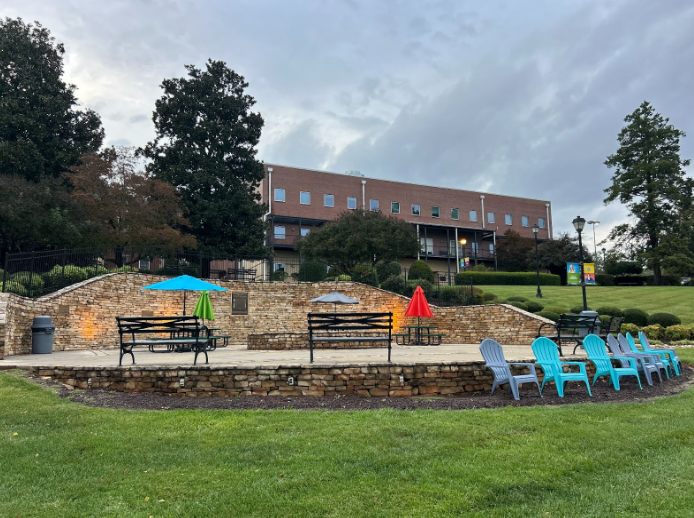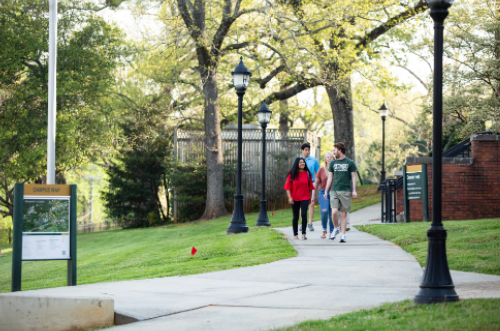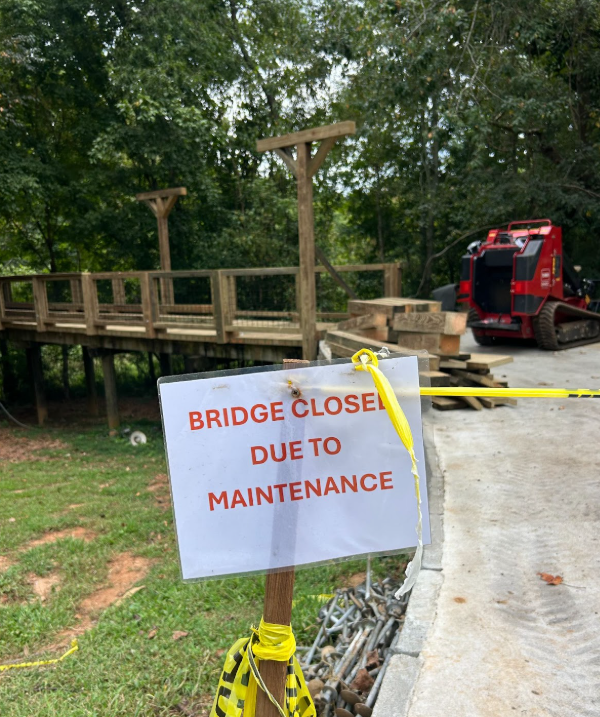
When students go to their polling places to vote on Election Day, they will have five opportunities to weigh in on proposed legislative changes in Georgia.
On the ballot in November there will be five proposed amendments and two referendums for Georgia voters statewide to vote on. According to Merriam-Webster, an amendment is “the process of altering or amending a law or document (such as a constitution) by parliamentary or constitutional procedure” and a referendum is “the principle or practice of submitting to popular vote a measure passed on or proposed by a legislative body or by popular initiative”
The first amendment has the potential to create the Georgia Outdoor Stewardship Trust Fund. Up to 80 percent of sales taxes collected at sporting goods stores, including gun stores, would be redirected into this fund. If passed, the Georgia Outdoor Stewardship Trust Fund would would have a governing body of 11 trustees that would oversee the funds and manage their use, which would be used to acquire and conserve land around military bases and other property for buffering, wildlife habitats, and recreational purposes.
The second amendment would create a “Statewide Business Court”with the purpose of streamlining and improving the management of business cases throughout the state of Georgia. Business court judges would not be an elected official like other state judges, but rather a five-year gubernatorial appointment with approval of the Georgia House and Senate judiciary committees.
The third amendment would change the rules and regulations for assessing the value of forest land for property tax purposes. It would also allow the state revenue commissioner to collect up to 5% of forest conservation grants to cover certain costs associated with maintaining the forest land.
The fourth amendment, which is modeled after a portion of the California Crime Victims’ Bill of Rights called “Marsy’s Law,” would require the court to notify and include the alleged victims of crimes in most court proceedings.
The fifth amendment, which only affects counties with more than one school system, if passed, would allow the largest system to call for a sales tax referendum that could fund school construction within that school district without getting approval from the smaller system.
According to Access WDUN, the first of two statewide referendums, impacting only the city of Atlanta, would impose a property tax cap where residents could not be taxed on an increase of more than 2.6% a year. A second expands a property tax exemption on homes for people with mental disabilities, the language of which reads “Shall the Act be approved which provides an exemption from ad valorem taxes on nonprofit homes for people with mental disabilities if they include business corporations in the ownership structure for financing purposes.”








